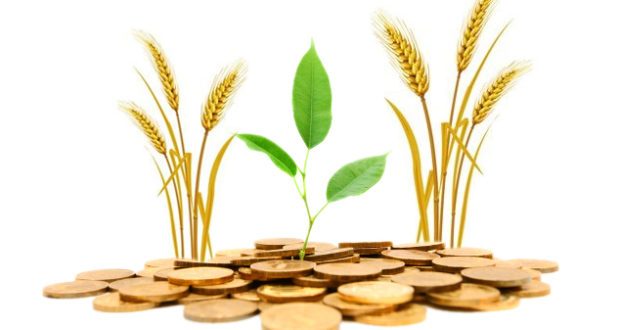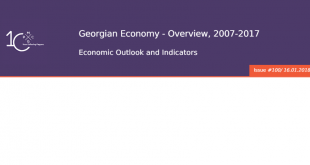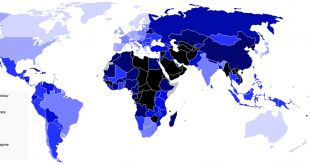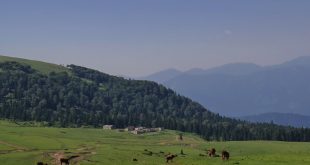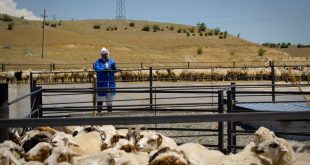In 2011, the ALCP (Alliances Caucasus Programme) linked it’s access to finance output with its access to nutrition output (i.e. the hay making machinery equipment needed by SSLP’s to remove a key nutritional constraint to dairy and meat production). High costs and limited or expensive credit meant difficulties in replacing outdated machinery inputs which performed poor and costly hay making services for farmers. Many farmers could not take loans for purchasing livestock, farm inputs, machinery and land due to the high interest rates. Banks and MFIs required provision of property as collateral, because assets and real estate owned by the farmers were mostly impaired and poor. The story of microfinance in Georgia began after the collapse of the Soviet Union. Small institutions began operating, with the financial support from the Western aid organizations, in order to issue microloans to internally displaced people, micro-entrepreneurs and the rural population for rebuilding the economy.
Gender: The majority of agro loans used to go to men. Rural women were getting loans only with their husbands’ assistance, as rural women did not own property for collateral and they were not visible as the main milk suppliers who controlled the money from selling the milk, therefore they didn’t have trust from the financial institutions in covering their loans.
Findings
Farmers prefer to get loans in the agriculture inputs suppliers’ shops for buying inputs rather than go to the banks or micro financial institutions. The loans there are more targeted and the procedures are easier than in Banks and MFIs, the customer gets an answer in 15 minutes and in the most cases the answer is positive. When a farmer goes directly to the bank or MFIs, interest rate is 11%, it takes about 2 days and the representatives have to visit a farm, check a customer’s banks account, additional income and etc. Credo prefers this method of credit delivery as the machinery and vet shops are screening customers and reducing risk, providing a guaranteed market for Credo with wide rural outreach without the need for expensive marketing.
Gender: Credo, as a leader in the agri loans service in Kvemo Kartli, states that 80% of customers are livestock producers, from whom 70% are women. Female milk supplier’s regular income received from the selling milk has been resulted in taking loans for purchasing of labor saving goods, cows, land, houses and making home improvements. The women have become visible for Credo as the main milk suppliers who control money from selling milk. Women’s access to finance refers to women’s ability to gain access to credit in their own names, without borrowing under their husbands. 70% of credo’s livestock producer customers are women. The Kvemo Kartli Impact Assessment 2017 showed that 40% of programme beneficiary households have loans from banks and MFIs. Of these 10% have experienced some problem with repayment i.e. a delay of more than one week in repayment schedules, the same figures for non-beneficiaries’ is 24%.
***
The Source of the article is alcp.ge
Copyright on the material is protected. In case of it’s full or partial publication, please indicate at it’s beginning – “Source: business.org.ge”
 business.org.ge Portal for Entrepreneurs
business.org.ge Portal for Entrepreneurs
